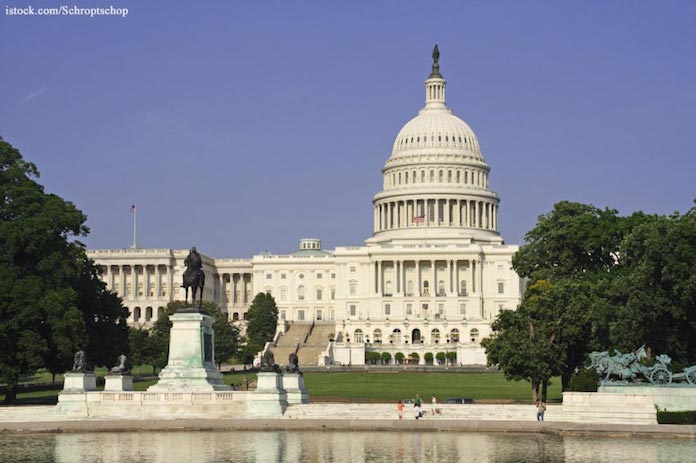Update: Cavi brand papayas distributed by Agroson’s LLC of the Bronx are now linked to this outbreak. Representative Rosa DeLauro (D-CT) has released a letter she sent to the FDA this week regarding the multistate Salmonella Uganda papaya outbreak that has sickened at least 62 people in 8 states. She has “serious concerns that the Agency did not provide consumers with necessary information regarding this outbreak in a timely manner, which ultimately put lives at risk.”

A publication for the fresh produce industry had a story about the outbreak on the morning of Friday, June 28, 2019. The CDC did not publish a food safety alert until five hours later, and the FDA took six hours. Most major media outlets did not start reporting about the outbreak until late afternoon.
She also states that “The Agency has an obligation to notify consumers of possible food safety threats as soon as possible. Based on the aforementioned timeline, I do not feel that occurred in this case.”
In addition, foodborne illnesses linked to papayas have occurred in five out of the last nine years. Results from the investigation of the 2017 outbreak showed widespread contamination. Additional border screening conducted by the FDA found more Salmonella from three more farms that matched illnesses from other outbreaks.
The FDA has had an import alert on papayas in place since 2011, but that relies mostly on third-party testing. She adds, “Undoubtedly, this current screening approach appears to be woefully inadequate, and it is failing to stop imports of contaminated fruit from reaching the tables of families across the United States.”
Rep. DeLauro wants to see a response to these questions: Does the FDA believe that the Agency publicly announced the outbreak in a timely manner? Was FDA aware of public reporting before the Agency released information? What is the current status of the outbreak investigation? Did the FDA visit all four farms in Mexico that produced the contaminated papaya in 2017? And are the labs used to verify that the papayas are free from Salmonella accredited?
In addition, the FDA increased screening of papayas at the border, dirt testing incoming shipments rather than relying on third-party testing. How long did this enhanced screening continue? Are all papaya importers required to comply with the FDA’s foreign supplier verification program rule? And does the FDA have any more plans to stop papaya imports form Mexico if these risks can’t be controlled?




